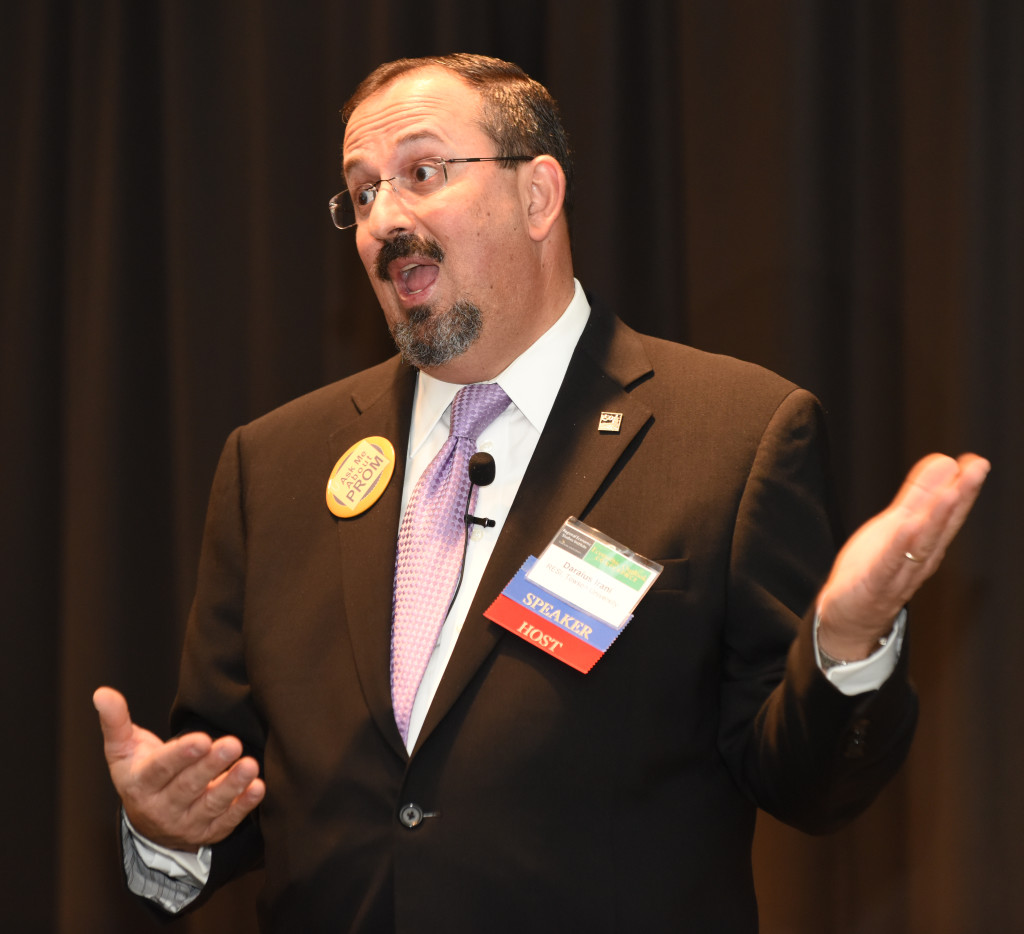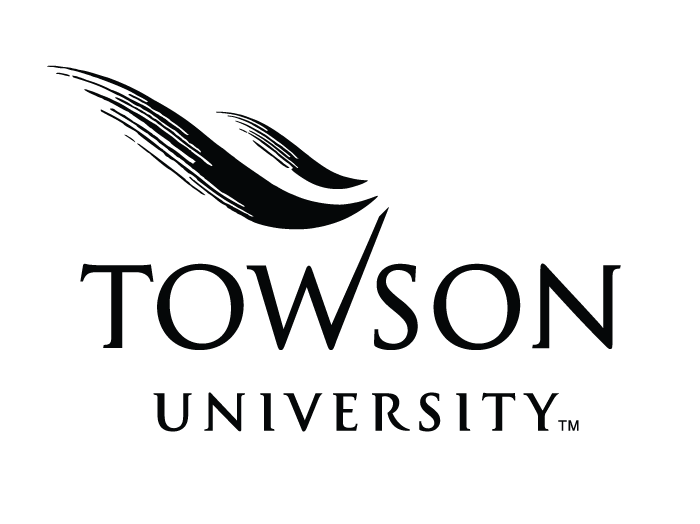From an original class of 11 students, 150 years later Towson has evolved into a campus of over 22,000 students and 329 acres of higher education. But the university is more than a hub for higher education; it continues to be a key to Maryland’s growth.
As part of its 150th anniversary, Towson University examined its far-reaching economic and community impacts since its inception in 1866.
To that end, The Regional Economic Studies Institute (RESI), a component organization of the Division of Innovation and Applied Research at Towson University (DIAR) conducted a study and concluded TU had an overall total economic impact of more than $139.4 billion over the last 150 years. The university has also provided $102.8 billion in wages and has supported more than 34,876 jobs.
Check out the complete TU150 Economic Impact Study Report or the TU 150 Economic Impact Study Executive Summary.
“When people talk about a ‘multiplier effect,’ this is a perfect example,” said Will Anderson, director for the Department of Economic and Workforce Development in Baltimore County. “For 150 years Towson University in Baltimore County and our region has produced staggering success to our community and economy. Real dollars, real jobs on a really large scale.”

Towson University’s Associate Vice President of the Division of Innovation and Applied Research speaks during the 20th annual Economic Outlook Conference.
The university has provided over $2.2 billion in state and local tax revenues in the past 150 years. Other key numbers featured in the report include:
- Alumni giving grew to a total of $176.9 million between 1963 and 2014.
- TU student spending supported nearly 2,740 jobs in 2014 and, between 1963 and 2014, contributed a total of $6.9 billion in wages.
- Towson University STEM graduates contributed $887 million in output and $275.3 million in state and local fiscal revenues between 1963 and 2014.
But what is most important to the growth of the state is 92,000 of TU alumni end up living and working in Maryland. Towson University Interim President Timothy Chandler said that is the understated key to Towson’s impact.
“As a report, this is a great indicator of the depth of impact that Towson University has and on not just Towson, but the state of Maryland and beyond in its 150-year history,” Chandler said. “Eighty percent of our students come from Maryland and stay in Maryland and contribute to the economy of Maryland. That’s why our university has had such an impact.
The report was released during the 20th annual RESI Economic Outlook Conference along with a economic forecast for the next year presented by RESI’s chief economist Daraius Irani, Ph.D.
Check out more information and details from the 2015 Economic Outlook Conference
